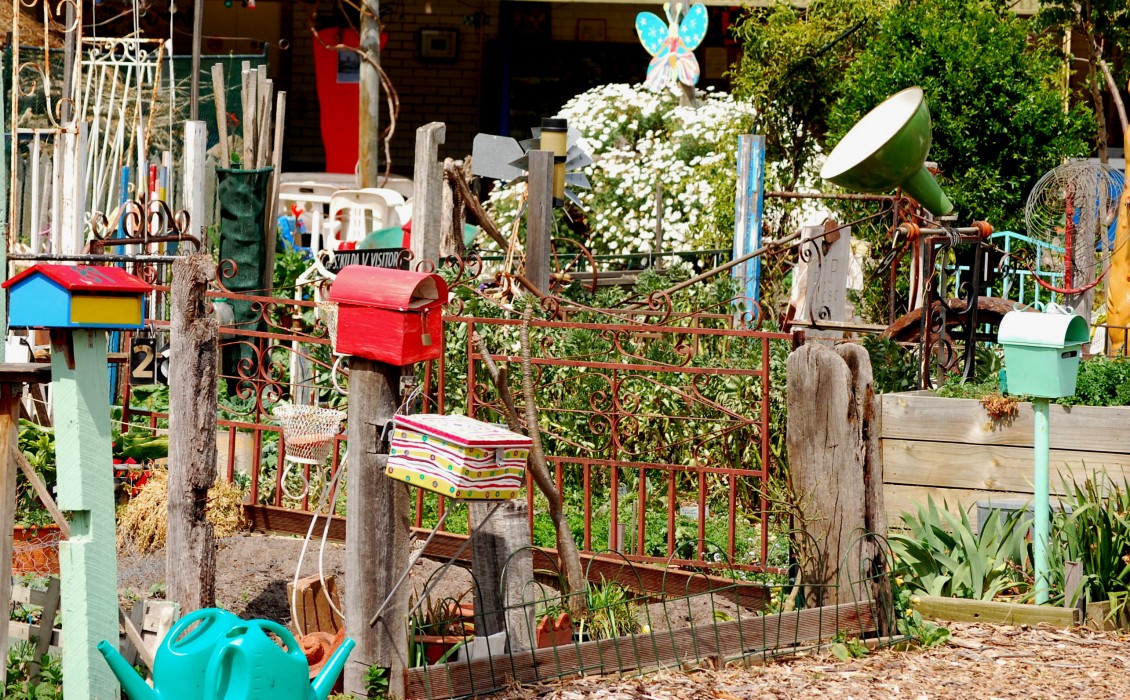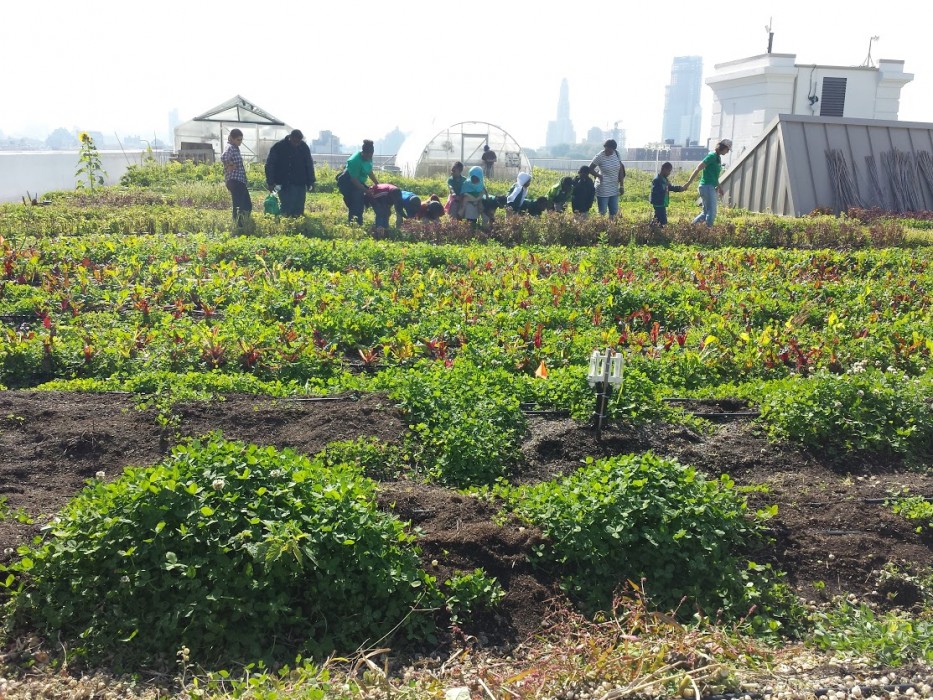Longer-term travel often means being away from friends and family for extended periods of time. Sometimes this can come as a much welcome break, but inevitably some home-sickness pangs will pluck at heart-strings before too long. Many savvy travellers will no doubt opt to travel lightly and avoid packing too many sentimental home trinkets.
Whether you are uprooted for work, study, pleasure, or otherwise, there is no way, as yet, to package up your established network and the intangible values of a community that you will be leaving behind – a favourite local organic shops; the barista who knows your coffee order; the park on the corner.

Image of Ostergro, Copenhagen by Soren Rud
Take a new life in New York or Melbourne, for example. Both are fantastic cities – urban and edgy whilst being incredibly diverse, progressive, and green. From much urban rambling around these city streets, it’s easy to discover a lot of growth. Not weeds and not skyscrapers, but verdant community gardens in railway sleepers, parks, on rooftops, disused tennis courts and churchyards.
These community gardens are living, breathing societies that take a heck of a lot of work to function and thrive. There are a hundred reasons, in addition to growing food, to justify why a suburb benefits from a community garden.
Craig Baillie of the Urban Argronomist says in many instances it will create a green space; it provides a mental recharge from the rat race; it’s a great education solution for adults and children alike. Arguably most importantly though, it connects individuals within a community and encourages social inclusion in an age of (un)social media. If you’re looking to meet real people with real stories and solutions in your new area, have you considered volunteering at a community garden?

Letter boxes in a community garden. Image :: Dahliyani Briedis
Ellie Blackwood of 3000acres.org – a not-for-profit organisation whose mission is to bridge the gap between people looking to grow food and councils that hold the keys to vacant land – says she first got the gardening bug when living overseas in Germany.
Through helping at Prinzessinnengarten, an impressive unused urban space on a Berlin roundabout, she says, “I quickly found that sense of community I hadn’t tapped into elsewhere in the city”. Ellie recalls, “I did not speak the language very well at all, but it never seemed to be a problem in communicating with other members. It turns out gesturing at a watering can or at weeds in a garden bed are universal turns of phrase”. It’s often intimidating when moving to a country where you do not speak the language, and getting hands-on in a community project is a great way to break down language barriers.
Walk past a community garden and it’s unlikely at first glance anyone could ever comprehend the amount of management, red tape, effort and infrastructure that goes into sustaining these fabulous initiatives. So if you have a little time on your hands, dig around for more information (such as Farming Concrete) and go meet some people in your new or transient neighbourhood.
How to Find Your Nearest Community Garden, Home or Away
:: Do a Google search for terms such as ‘community garden in (your new area)’; ‘garden project’ or ‘sustainable farm’. Carry out the same search on Facebook as many communities have Facebook pages, which are free to create.
:: Walk around your local neighbourhood, particularly the areas known for a more progressive and bohemian culture, and look out for yoga classes and vegetarian restaurants, which will give you clues to the local demographic. Keep your eyes peeled for vegetable gardens.
:: Contact your local council planner if you need more detailed information. They may be able to give you help and direction on linked eco-projects and upcoming initiatives.
:: Check local noticeboards for ‘Working Bees’ (drop-in volunteer sessions), plant sales, community festivals and fundraisers in the area.

Thriving community garden: Prinzessinnengarten, Berlin. Image :: Assenmacher
What do you think? Would you try out a community garden on your travels?
If you enjoyed this article, you may also like:
~ 11 Reasons to Live Like a Local
~ Italian Agriturismos
~ Getting Back to Nature in Hong Kong
Lead image:: Merri Creek Community Garden by Gavin Anderson


